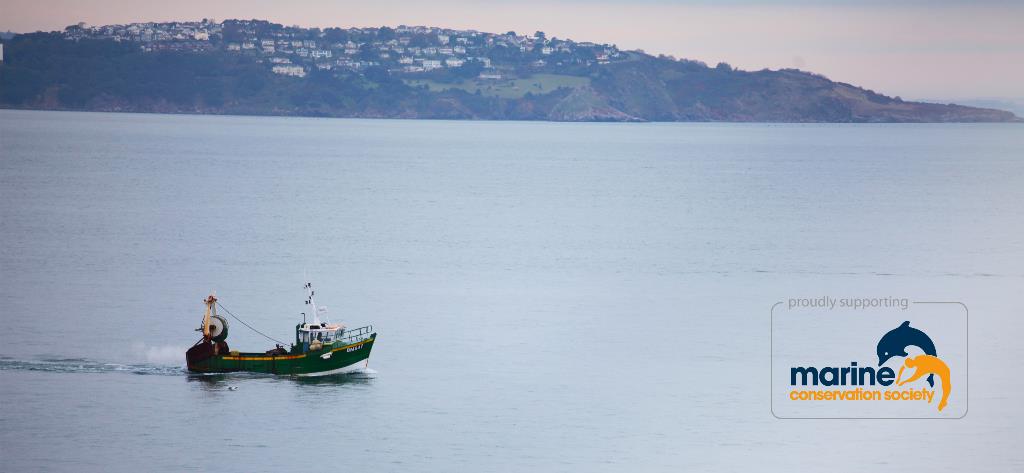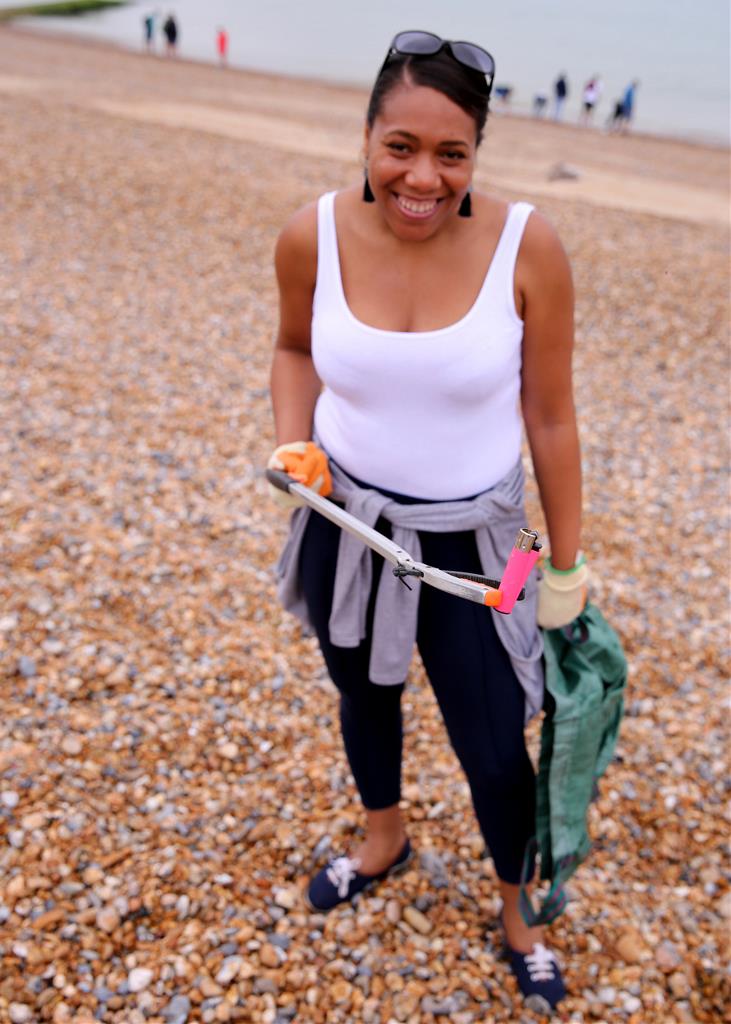Oceans cover at least 70 percent of our planet. The seas represent a diverse ecosystem, teeming with millions of fascinating creatures and plants. Unfortunately, overfishing, pollution and other irresponsible human activities are threatening our oceans. This is why we’ve teamed up with the Marine Conservation Society (MCS) to do our part in promoting sustainably sourced fish and seafood, and to protect the beauty and diversity of the seas.
Saving our seas

Overfishing is harming our oceans
We only have one planet, and oceans make up a huge part of it. Our seas regulate the climate and provide much of the oxygen we need to survive. They’re also a major food source for millions of people around the world who rely on fish and seafood as their main source of protein.
Sadly, according to the United Nations FAO's 2020 State of World Fisheries and Aquaculture (SOFIA) report, 34.2% of global fisheries have been fished beyond sustainable limits. Fishing has resulted in a massive 90% of world fish stocks being fully or partly overexploited. WWF’s Living Blue Planet Report 2015 states that the size of marine populations has declined by almost half (49%) between 1970 and 2012.
It’s not just about overfishing either, illegal and destructive fishing practices are also having a devastating impact on marine life and the health of our oceans. They include things like using chemicals to poison fish or using explosives so that fish are easier to catch. This results in the loss of species and ecosystems, and also has a serious impact on communities around the world.
Jack Clarke, Sustainable Seafood Advocate at the Marine Conservation Society, says: “The UN has identified fishing as the biggest contributor to marine biodiversity loss on the planet. At its worst, fishing catches wildlife indiscriminately and destroys vulnerable marine ecosystems whilst contributing to climate change.”
Plastic pollution
Pollution is another major issue when it comes to our oceans. Pollution is caused by the introduction of harmful substances into the seas, including residential, agricultural and industrial waste, plastic particles, chemicals and invasive organisms. A whopping 80% of marine pollution comes from the land, which shows the important part we can all play in making a positive change.
Plastic in the seas is incredibly harmful for the living organisms that rely on this environment for survival. Fish, marine birds and other organisms can become entangled in plastic debris and swallow microplastics which release harmful toxins, with plastic particles currently being found in every kind of marine life from giant blue whales to tiny plankton. Plastic waste has been found in the deepest ocean trenches, on Antarctica and on even uninhabited islands. We can all do our bits to build a brighter future, by making simple, sustainable switches in our day to day lives. Saying 'no' to plastic cutlery, using paper or metal straws, and ditching cling-film in favour of a reusable wrap are great places to start. And when it comes to our coasts, leaving no trace of our visit behind.

How can we protect our seas?
If you do choose to eat seafood, you'll want to know it's sustainably sourced. We’re proud partners with the Marine Conservation Society, the UK’s largest charity for the protection of the seas, the shores and their wildlife. MCS is working hard to turn the tide on pollution and rubbish in the oceans, and to promote buying fish and seafood that comes from sustainably managed stocks. They also work with local communities, governments, marine managers and scientists, to ensure that our oceans are able to recover where they need to.
According to Jack at MCS, eating sustainable seafood helps support the health of our ocean, now and in the future. He says: “When done sustainably, fishing provides an ever-lasting supply of nutritious food, that balances our needs with those of the planet. Some forms of seafood, like farmed shellfish, could also provide vital forms of low-carbon protein to feed growing populations the world over. Sustainable fishing also helps support sustainable jobs and coastal communities.”
There you have it - sustainability is key when it comes to the fish and seafood you buy. You can ensure that you’re choosing fish that is caught or farmed in a way that does minimal damage to the marine environment and other wildlife by checking out MCS’s Good Fish Guide.
We’re sourcing more of our organic fish than ever from sustainably managed and responsible fisheries. You can find our fish and seafood selection here.


